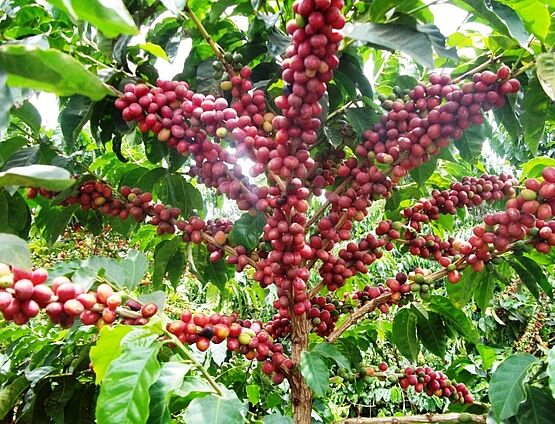The Story Behind Mbinga Green Coffee Beans

In the highlands of Mbinga District, Ruvuma Region – Southern Tanzania, coffee is more than just a crop; it is a way of life. Nestled between the Great Rift Valley and Lake Nyasa, Mbinga enjoys fertile volcanic soils, high altitudes of 1,200–2,000 meters above sea level, and a cool climate – the perfect natural conditions for producing premium Arabica green coffee beans.
Coffee was first introduced to this region during the early 20th century, and over the decades, smallholder farmers, most cultivating less than 2 hectares of land, have passed down traditional farming practices from generation to generation. Today, more than 30,000 smallholder farmers contribute to Mbinga’s reputation as one of Tanzania’s finest coffee-producing zones.
What makes Mbinga Green Coffee Beans unique is:
-
Altitude & Climate: Slow growth at high elevation enhances bean density and flavor complexity.
-
Soil Richness: Volcanic soils infuse the coffee with distinct bright acidity and rich body.
-
Community Effort: Most coffee is shade-grown, hand-picked, and carefully processed at farmer cooperatives.
-
Cup Profile: Known for chocolate notes, fruity undertones, medium body, and bright citrus-like acidity.
For many farmers in Mbinga, coffee is their primary source of income – funding education, healthcare, and family livelihoods. Each bean carries not just flavor, but also the heritage, resilience, and hope of the people of Ruvuma.
By choosing Mbinga Green Coffee Beans, buyers and roasters worldwide are not only experiencing a unique taste of Tanzanian terroir but also supporting sustainable farming communities that keep this legacy alive.